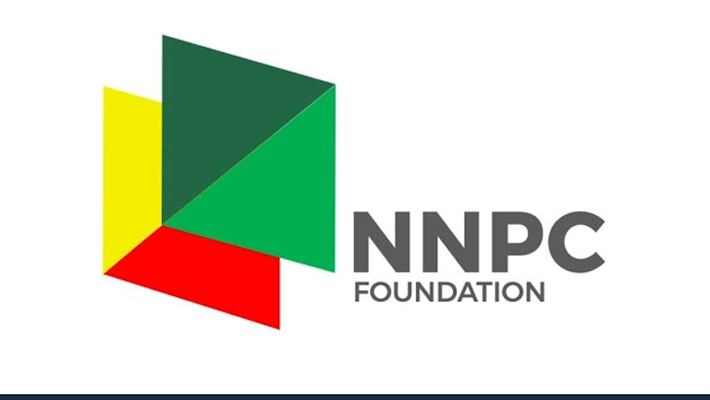The President of the Nigerian Economic Society, Professor Adeola Adenikinju, has emphasized that to achieve food security, Nigeria should adopt the bold agricultural policies implemented by countries like Indonesia and India. He stressed the need for agricultural modernisation through enhanced access to technology, inputs, and irrigation.
Professor Adenikinju shared these insights during his presentation on policy recommendations at the 65th NES Annual Conference, themed “Nigeria’s Socio-Economic Challenges: Lessons from the Implementation and Outcomes of Structural Adjustment Programmes.”
In his recommendations, he also called for improved security in farming communities, investments in modern storage facilities, and collaborative efforts across various levels of government to boost food production.
He said, “Similar to Indonesia and India, Nigeria must prioritise agricultural modernisation by providing access to technology, inputs, and irrigation.
“The government should also support agro-allied industries through incentives and infrastructure development.
“In addition, enhancing security in farming communities and investing in modern storage facilities are crucial steps to increasing food production.”
Adenikinju highlighted the parallels between Indonesia and Nigeria, noting that both are large developing countries with substantial agricultural sectors.
He cited Indonesia’s success in reducing food insecurity through effective policy implementation as a model for Nigeria to follow.
He noted that in Nigeria, food prices have risen faster than incomes, eroding purchasing power, particularly among low-income households.
According to the Professor, food inflation remains a significant driver of overall headline inflation in the country.
He added that Nigeria has been experiencing a persistent rise in food inflation over the past several years, with the food inflation rate reaching alarming levels (22.25 per cent in June 2023 to 39.53 per cent in July 2024), with attendant significant consequences.
He said in the 2023 Global Hunger Index (GHI), Nigeria ranks 109th out of the 125 countries with sufficient data to calculate 2023 GHI scores.
“With a score of 28.3 in the 2023 Global Hunger Index, Nigeria was adjudged to have a level of hunger that is serious.
“In 2022, Nigeria ranks 107th out of 113 countries in the Global Food Security index (GFSI) and 25th out of the 28 Sub-Saharan African countries, with an overall GFSI score of 42 (GFSI,2023),” he said.












